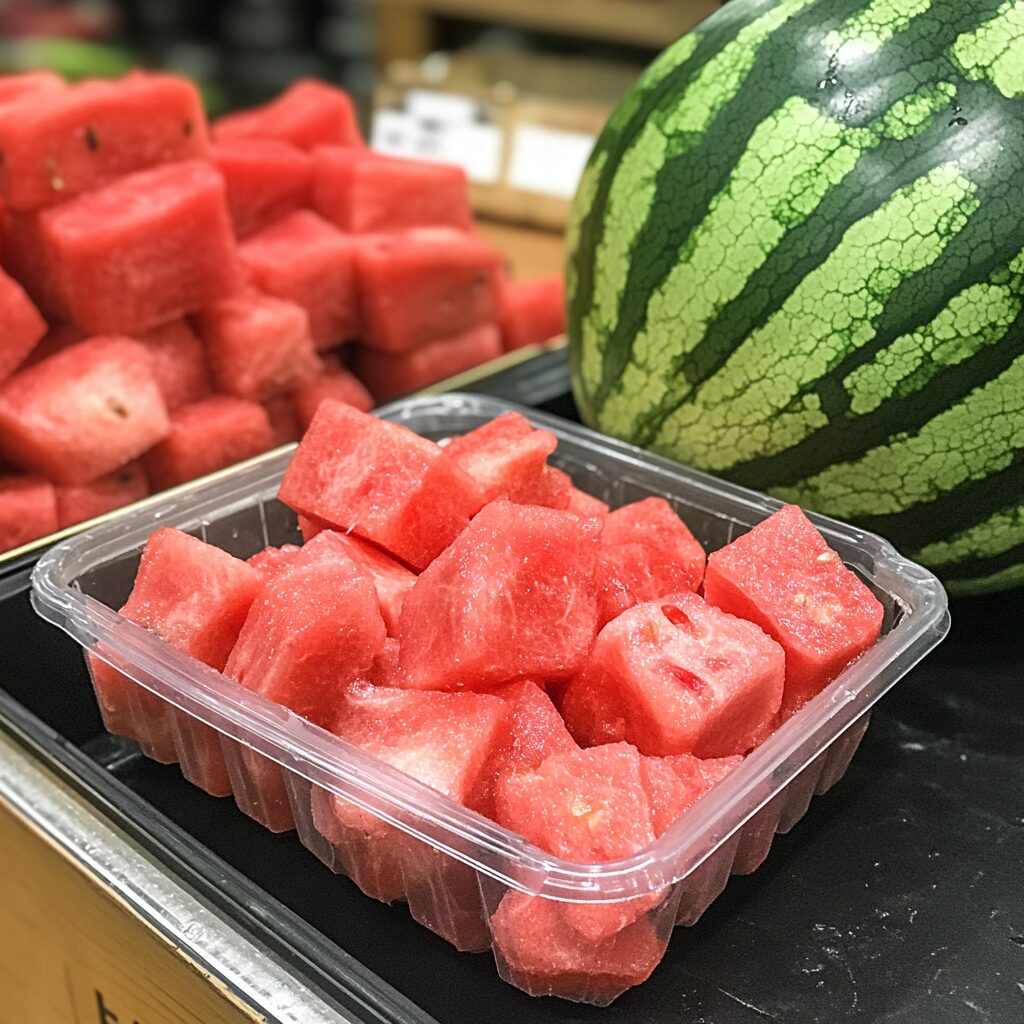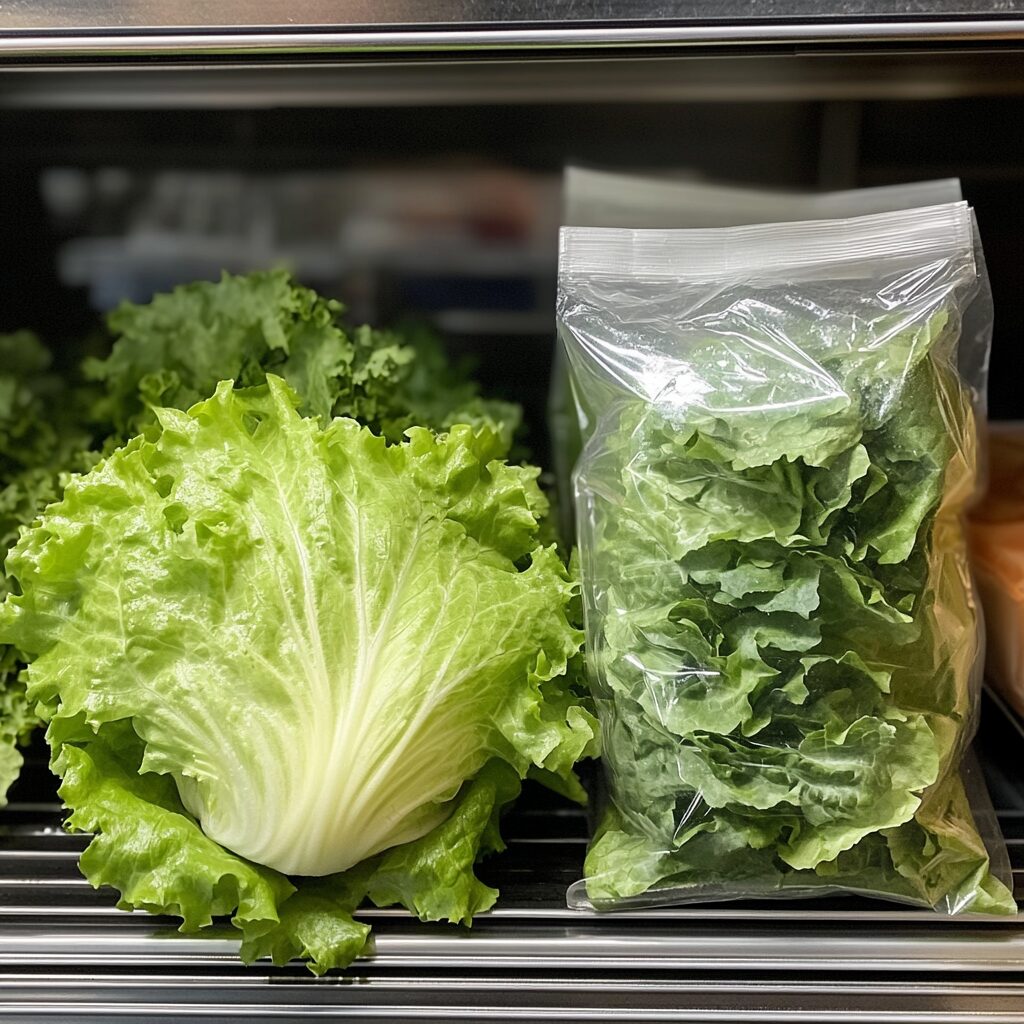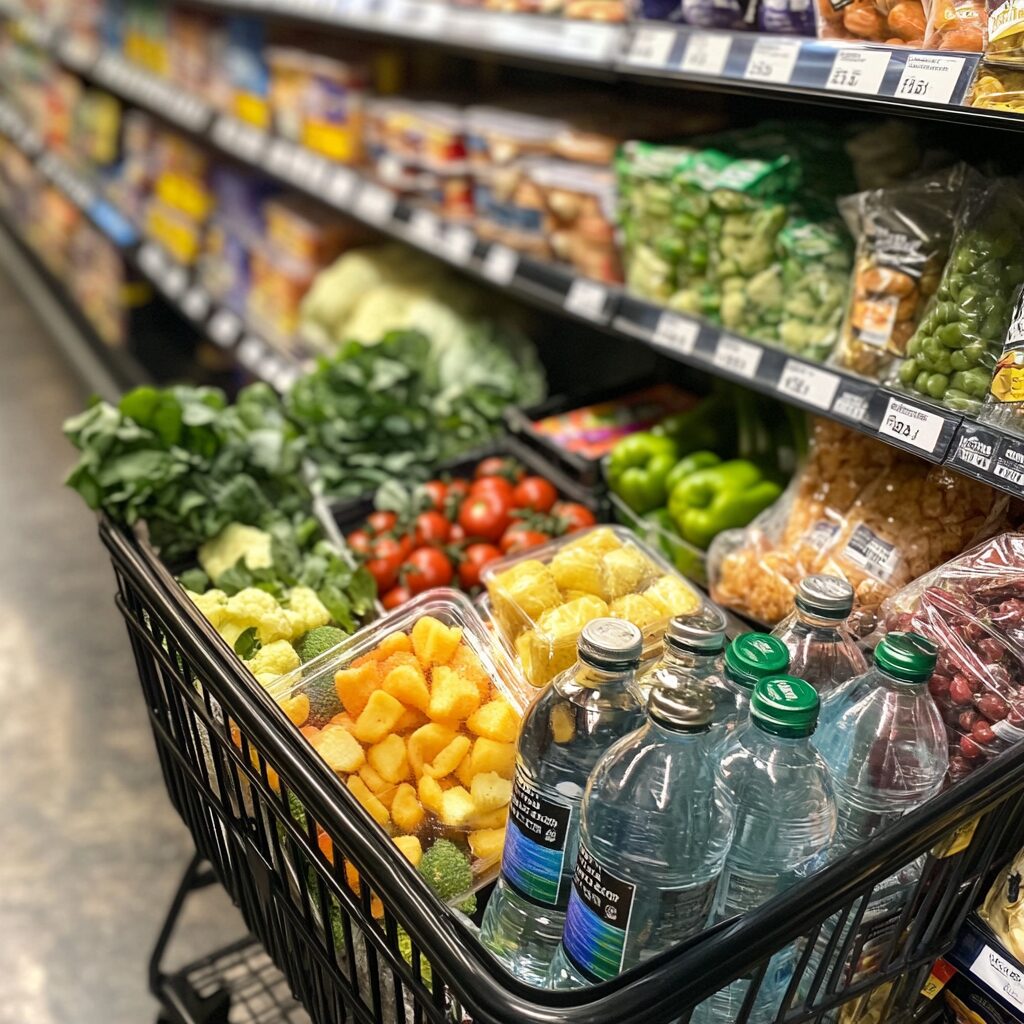The weekly grocery run can quickly turn into an expensive exercise in poor choices. While supermarkets offer convenience, certain items consistently prove to be wasteful purchases, either hitting your wallet unnecessarily hard or potentially compromising your health. What if you could save hundreds of dollars annually by simply knowing which products to avoid?
Pre-cut produce costs more than double

Those convenient containers of pre-chopped fruits and vegetables might save you a few minutes, but they’ll cost you significantly more. Pre-cut produce typically carries a markup of up to 40% compared to whole fruits and vegetables.
Beyond the financial impact, pre-cut items deteriorate faster and often harbor more bacteria. The extra handling and processing increase the risk of contamination, while the cut surfaces provide perfect conditions for bacterial growth.
Instead, invest in basic kitchen tools and prep your produce at home. You’ll extend the shelf life of your fruits and vegetables while keeping more money in your wallet.
Ready-to-eat deli counter items raise safety concerns
Food safety experts avoid purchasing items from deli counters due to potential temperature control issues and cross-contamination risks. Many employees lack proper food safety training, and the origin and storage duration of products often remain unclear.
Pre-packaged deli meats from reputable manufacturers offer a safer alternative. These products include clear labeling with company information, production dates, and lot codes for traceability.
When you must buy from the deli counter, request freshly sliced items and consume them within three days.
Bagged salad greens waste money and risk health

Despite their convenience, pre-bagged salad greens have become notorious for food safety recalls. The processing facilities handling these greens often lack transparency in their safety protocols.
Whole heads of lettuce cost fraction of their pre-packaged counterparts. A whole romaine heart can create multiple salads for the price of one bag of chopped lettuce.
Select crisp, fresh heads of lettuce and store them properly in your refrigerator. They’ll stay fresh longer than bagged alternatives while providing better value.
Name brand cereals cost 40 percent more
Premium cereal brands command unnecessarily high prices compared to store alternatives. Many generic cereals come from the same manufacturers as popular brands, using nearly identical recipes.
Store brands undergo the same quality control processes and must meet identical safety standards. The main difference? Marketing budgets and fancy packaging.
Switch to store brand cereals and conduct a blind taste test with your family. Most people cannot distinguish between premium and generic options.
Bottled water markups reach 4000 percent

The markup on bottled water borders on absurd. Most bottled water comes from municipal sources – the same place as your tap water. Yet consumers pay premium prices for plastic packaging.
A reusable water bottle and home filtration system will save hundreds of dollars annually. Plus, you’ll reduce plastic waste and potentially access cleaner water than some bottled brands.
If you’re concerned about water quality, invest in independent testing of your tap water and choose an appropriate filtration system.
Prepared meals boost grocery bills by 90 percent
Pre-made sandwiches, salads, and hot meals from the grocery store appear time-saving but drain your budget rapidly. These items often cost nearly double what you’d spend making them at home.
The quality of ingredients in prepared meals typically falls below what you’d choose yourself. Many contain excess sodium and preservatives to extend shelf life.
Batch-cook meals at home during weekends. You’ll save money while controlling ingredients and portions.
Kitchen tools marked up 200 percent
Basic cooking utensils and tools sold in grocery stores come with shocking markups. These items often represent impulse buys, allowing stores to inflate prices significantly.
Restaurant supply stores offer professional-grade tools at lower prices. Online retailers and discount stores also provide better value for kitchen equipment.
Research and purchase quality kitchen tools from specialized retailers. They’ll last longer and perform better than overpriced grocery store alternatives.
Premium imported cheese prices mislead shoppers
European cheese varieties often carry inflated prices in American grocery stores. The same products cost significantly less in their countries of origin.
Seek out local cheese producers or specialty shops for better prices on quality cheese. Many American artisanal cheeses rival their European counterparts at lower prices.
Consider joining a cheese club or shopping at farmers’ markets for access to high-quality options at reasonable prices.
Smart grocery shopping requires strategy and knowledge. By avoiding these overpriced items and seeking better alternatives, you’ll reduce expenses while maintaining or improving quality. Remember that convenience often comes at a premium – consider whether the time saved justifies the extra cost. Your wallet and health will thank you for making informed choices at the grocery store.

